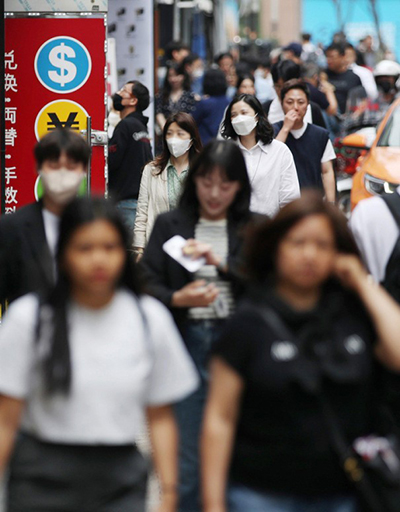Epidemic Downgraded from ‘Critical’ to ‘Warning’

In light of the declaration of the World Health Organization's (WHO) that lifted COVID-19 from a public health crisis to a stable situation at home and abroad, in a similar fashion, Korea downgraded the crisis stage from 'severe' to 'alert' on June 1, switching around the country to a routine management system.
The mandatory 7-day quarantine for people that have caught COVID-19 has been reduced to a 5-day advisory quarantine, making it not compulsory at all. The requirement to wear an indoor face mask will become a recommendation for clinics and pharmacies but will remain in place for hospital-level or higher healthcare facilities with a high concentration of susceptible patients and in-patients for the time being.
With the trend towards shorter outbreak cycles and much better health and socio-economic aftereffects, it might be possible that another pandemic will occur in the near future. So, we need to be prepared for other viruses, not just COVID-19. For this, the government is preparing a mid- to long-term plan for pandemic preparedness in case of a new emergence of a new infectious disease just like COVID-19. The plan establishes twenty-four tasks in five different areas – surveillance, preparedness, recovery, infrastructure, and research and development. The goal is to minimize morbidity, mortality, and health disparities by protecting vulnerable populations. As COVID-19 also concentrated on vulnerable groups such as the elderly, the government will respond to future pandemics by focusing on protecting high-risk and vulnerable groups.

